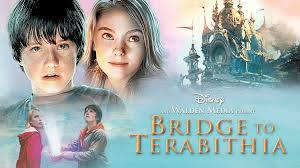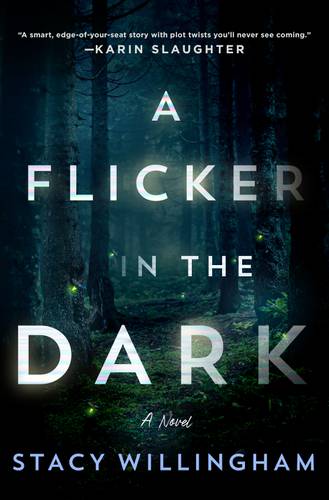There is a very small chance that a reader who enjoys crime-thrillers has not come across the works of the Queen of Crime, Agatha Christie. The first book I read was so captivating that I was left hungry for more.
Soon after, I purchased Christie’s “The Rose and the Yew Tree” and eagerly began reading. I reached almost half the book, and there was still no sign of a mystery. Nevertheless, I went on to finish the novel, not once but at least thrice to date.
“The Rose and the Yew Tree” is a heart-touching work following the journey of a ruthless, selfish, vulgar man into a brave heart and saint. It simply portrays the transition of the wicked John Gabriel into the legendary Father Clement, seen through the eyes of Hugh, the narrator. The reason for this change is the real hero of the tale, Isabella, who loved Gabriel but was hated so terribly by him.
Being a plumber’s son, Gabriel feels inferior to the so-called aristocrats. This inferiority gives birth to a blind hatred towards every royalty he meets. When he comes across the serene Isabella, a princess, all his aversion towards the aristocrats manifests combinedly against her, although she is good-hearted.
Strong-willed and ever-peaceful, she endures all the pain that Gabriel gives her without a flinch. Finally, she makes him see the pure love in her heart, but only at the cost of her own life, which she sacrifices happily to save him. Her ultimate act of love overwhelms Gabriel so much so that Father Clement is born in him.
Amidst this awe-inspiring narrative is the intricately woven and delicate truths of life that make us all think. One of my favourites is: “We worry over what we did yesterday, and debate what we do today and what will happen tomorrow. But yesterday, today and tomorrow exist quite independent of our speculation.”
While speaking of relationships, Christie asks us, ‘When we say we are fond of someone, do we like them or do we like their image that we have created in our minds?’. How true it is! Don’t we all do this? And when the person fails to fulfil the expectations of the picture, don’t we get disappointed? Till this picture of a person exists, can we truly know someone?
Isabella’s simplicity can be seen when she poses a powerful question, “Does one have to have anything to live for? Can’t one just live?”
Another interesting character is the rational Teresa, Hugh’s kind sister-in-law, who utters many a maxim of gravity. They readily make the heart drowned in the ocean of emotions wake up. She says, “Five minutes and a thousand years are equally significant” What one person can live in a thousand years can be lived by another in just five minutes; is it not living completely relative?
By virtue of her lucid outlook on life, Teresa easily prophesizes the future. When Hugh complains to her of Gabriel, she says, “Leave him to God” and this is where Gabriel finally landed.





